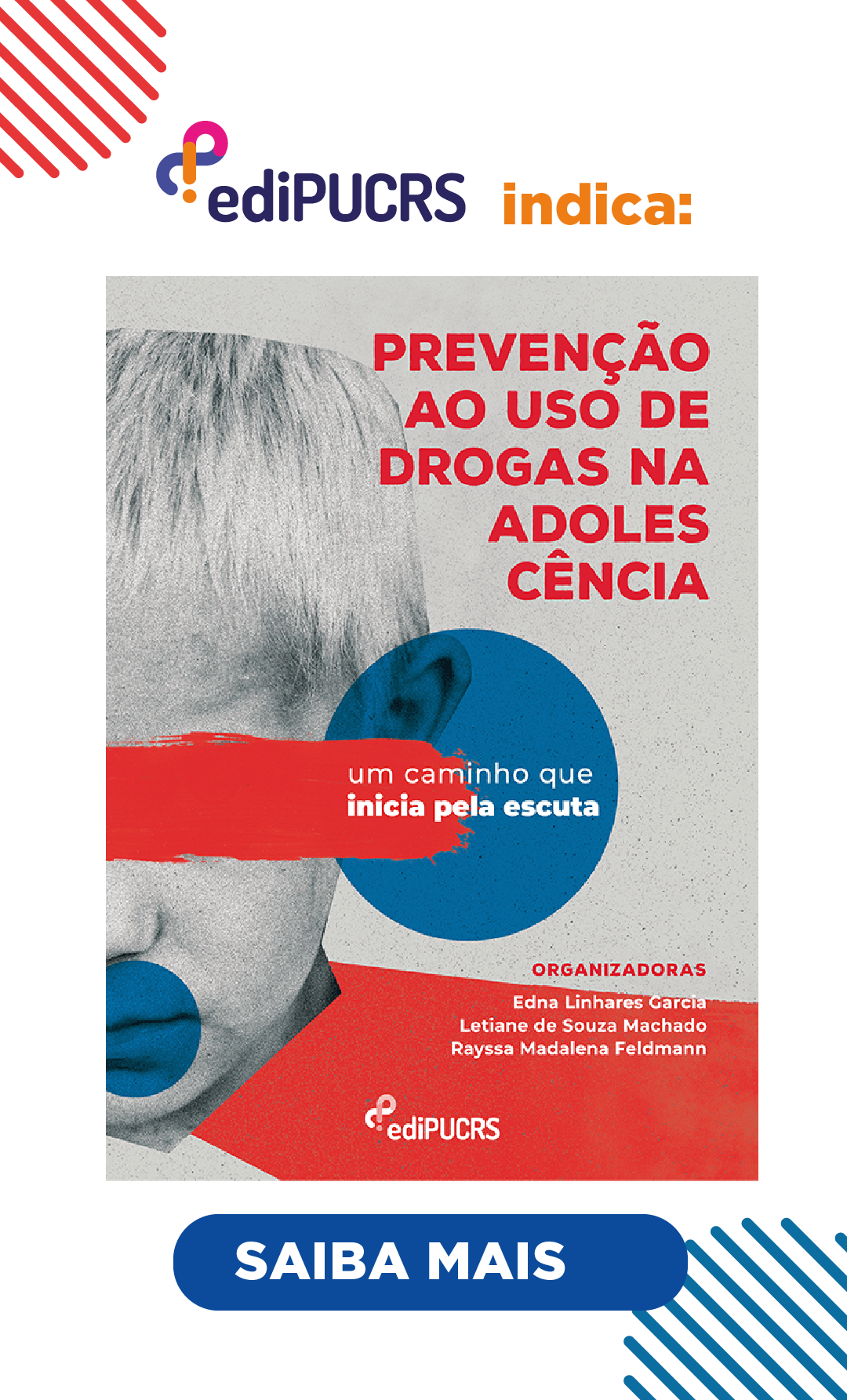When less is more
Looks, speeches and practices about “simple life”
DOI:
https://doi.org/10.15448/2178-5694.2020.2.39462Keywords:
Consumer studies, Anti-consumption movements, Simple lifestyle, Minimalist life, Voluntary simplicityAbstract
This article presents data and analyzes of an ethnographic research that aimed to map the different views and practices promoted by adepts of lifestyles that propose to reduce the consumption of material goods.
The hypothesis that the concern with environmental issues would be one of the central motivations for reducing the consumption of material goods was deconstructed in the course of the study, being perceived as peripheral in the debates of the observed groups and in the interviewees' statements. What can be seen is that one of the main motivations that lead to adherence to lifestyles with greater simplicity is the search for autonomy to develop new life projects with greater well-being and happiness.
Downloads
References
Castells, Manuel. 2013. Redes de indignação e esperança: movimentos sociais na era da internet. Rio de Janeiro: Zahar.
Elgin, Duane. 2012. Simplicidade voluntária: em busca de um estilo de vida exteriormente simples, mas interiormente rico. São Paulo: Cultrix.
Foucault, Michel. 1978. A história da loucura. São Paulo: Editora Perspectiva.
Latour, Bruno. 2012. Reagregando o social. Bauru: Edusc.
Ortner, Sherry. 2007. Poder e projetos: reflexões sobre a agência. In Conferências e diálogos: saberes e práticas antropológicas, organizado por Míriam Grossi, Cornélia Eckert e Peter Fry , 45-80. Blumenau: Nova Letra.
Sennett, Richard. 2006. A cultura do novo capitalismo. Rio de Janeiro: Record.
Velho, Gilberto. 2003. Projeto e metamorfose: antropologia das sociedades complexas, 3a ed. Rio de Janeiro: Jorge Zahar.
Downloads
Published
How to Cite
Issue
Section
License
Copyright (c) 2021 Conversas & Controvérsias

This work is licensed under a Creative Commons Attribution 4.0 International License.
Copyright
The submission of originals to Conversas & Controvérsias implies the transfer by the authors of the right for publication. Authors retain copyright and grant the journal right of first publication. If the authors wish to include the same data into another publication, they must cite Conversas & Controvérsias as the site of original publication.
Creative Commons License
Except where otherwise specified, material published in this journal is licensed under a Creative Commons Attribution 4.0 International license, which allows unrestricted use, distribution and reproduction in any medium, provided the original publication is correctly cited.





